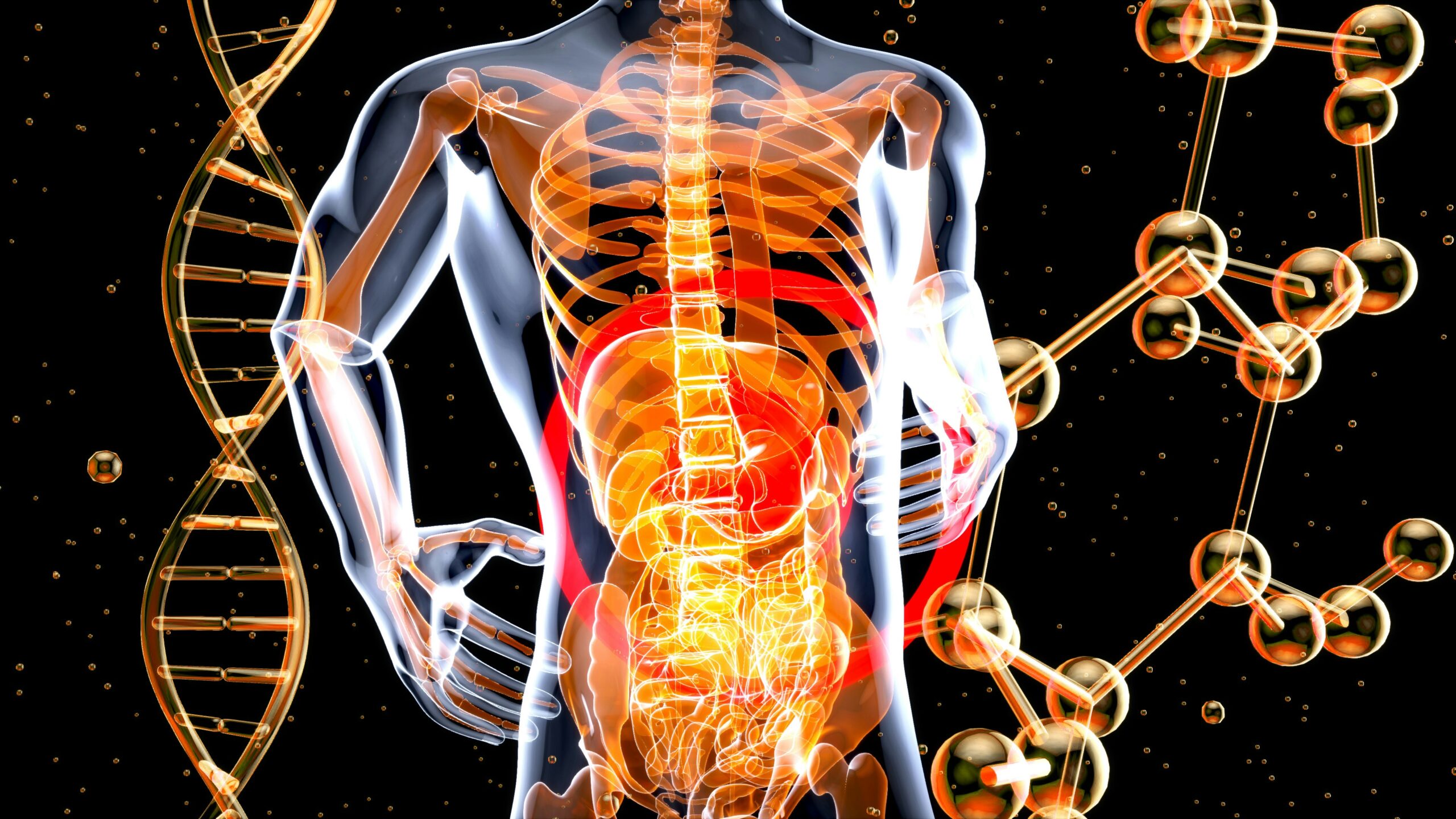Benefits of Fiber for Gut & Digestive Health
How many of you have ever thought about fiber intake? Most of you would say “almost never.” If it’s your answer, then don’t worry, you’re not alone. Most people usually consume less fiber than their body’s actual need, which in turn impacts their digestive system and gut health. Including fiber in your diet works like magic. As nutrition scientist Dr. Joanne Slavin once said, “Fiber is not a magic bullet, but it comes pretty close when it comes to digestive health and disease prevention.”
To read more articles, visit https://healnology.com/
What Is Fiber and Why Do We Need It?
Dietary fiber is a type of carbohydrate that your body can’t fully digest. Instead of breaking down like sugars and starches, it passes through your digestive system and does some incredible work along the way.
There are three main types of dietary fiber :
- Soluble fiber – dissolves in water, forms a gel, slows digestion, and helps regulate blood sugar.
- Insoluble fiber – adds bulk to stool, keeping bowel movements regular.
- Prebiotic fiber – feeds the healthy bacteria in your gut, helping them thrive.
According to the Mayo Clinic, “A high-fiber diet has many benefits, including normalizing bowel movements, lowering cholesterol, and controlling blood sugar levels.”
How Fiber Improves Gut Health
Your gut health depends heavily on the trillions of microbes that your intestines have. These microbes are also known as the gut microbiome. Here, fiber acts as a fuel for these microbes and plays an essential role.
Here’s what fiber does to your gut;
- Feeds good bacteria: Fiber ferments in the colon, producing short-chain fatty acids (SCFAs) like butyrate, which reduce inflammation.
- Strengthens gut lining → SCFAs also protect the intestinal wall by strengthening it, hence preventing “leaky gut.”
- Balances microbiome diversity → A fiber-rich diet increases the variety of healthy bacteria, which can support your immunity and overall wellness of your body.
As reported by the NIH, “Diets rich in fiber promote microbial diversity and gut barrier function, which are critical for long-term health.”
How Fiber Supports the Digestive System
While gut health is about the microbiome, digestive health focuses on how smoothly your digestive system works. Here again, fiber jumps as a hero and makes the digestive process easier by:
- Preventing constipation: Insoluble fiber adds bulk and keeps things moving.
- Improving nutrient absorption: Soluble fiber slows digestion, giving your body more time to absorb vitamins and minerals.
- Regulating bowel movements: Balanced fiber prevents both diarrhea and constipation.
We can say, here fiber is like a traffic manager, that keeps everything moving seamlessly
Health Benefits of a High-Fiber Diet (Beyond Digestion)
Fiber not only improves your gut and digestive health, but it can go beyond your imagination. A high-fiber diet can improve multiple areas of your health and even lower the risk of chronic diseases.
Weight Management:
Fiber-rich foods are more filling and can satisfy your appetite for much longer, hence keeping you away from unnecessary eating. This, in turn, results in weight management.
Blood Sugar Control:
Fiber plays a big role in keeping your blood sugar stable. By slowing the absorption of sugar, soluble fiber helps prevent dangerous spikes in sugar levels.
Lower Cholesterol:
Dietary fiber helps in lowering cholesterol naturally. This supports heart health and lowers your risk of cardiovascular problems.
Colon Health and Cancer Prevention:
Fiber helps waste move quickly through the colon, reducing exposure to harmful substances. It results in preventing colon cancer.
Stronger Immunity
Since about 70% of the immune system is located in the gut, feeding your microbiome with fiber indirectly boosts immunity, protecting your body from infections and inflammation.
Best Fiber-Rich Foods for Gut & Digestive Health
You can get fiber by just adding more whole, plant-based foods to your daily meals rather than taking fancy supplements for it. Isn’t it the best part?
Here are some of the best fiber-rich foods you can add to your diet;
- Fruits: Apples, bananas, pears, berries.
- Vegetables: Broccoli, carrots, leafy greens.
- Whole grains: Oats, brown rice, quinoa.
- Legumes: Beans, lentils, chickpeas.
- Nuts & seeds: Almonds, chia seeds, flaxseeds.
👉 For a complete list, check out Harvard’s guide to fiber-rich foods.
Quick tip: Instead of white bread, take whole-grain bread; instead of chips, snack on nuts. Small swaps make a huge difference.
How Much Fiber Do You Need Daily?
Health experts recommend:
- Women: 25 grams of fiber per day.
- Men: 30–38 grams of fiber per day.
Unfortunately, most people only get 15 grams or less. That’s nearly half of what your body requires!
According to the American Heart Association, “Increasing dietary fiber intake is associated with significantly lower risks of heart disease, stroke, hypertension, diabetes, obesity, and certain gastrointestinal diseases.”
Conclusion
Dietary fiber is one of the leading carbohydrates our body needs. This is why fiber is the key to a healthy digestive system and a strong gut. It does double duty — feeding your good bacteria while keeping your digestive system running smoothly.
Consuming fiber doesn’t have to be a challenge. You don’t need expensive fiber supplements, but swapping daily meals with fiber-rich foods can do wonders. Just choose some oats instead of sugary cereal, snack on nuts instead of chips, or add an extra handful of vegetables to your dinner plate. These small but consistent changes can go a long way.
And yes, there are certain foods that can boost your mental health, I’ve classified them in my article, 6 Superfoods to Boost Your Mental Health Naturally.
Get a look at our Beginner’s Guide to a Balanced Diet.

